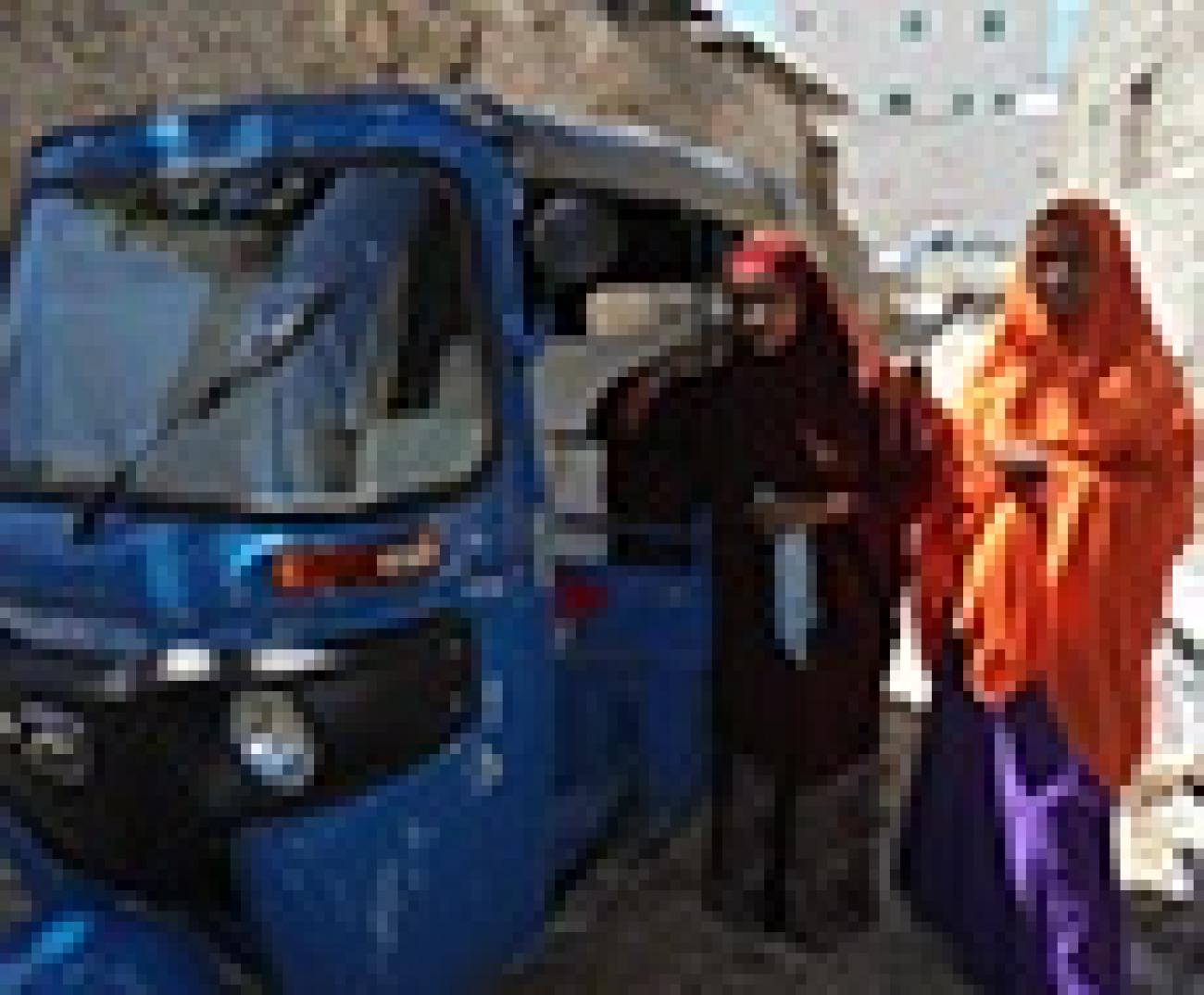Boosting Youth Self-Employment in Somalia

Beneficiaries of the Youth for Change (Y4C) programme share their stories in their changed lives.
ILO SOMALIA - Fartun is 20 years old and Rahma is 17 years old and both live with their mother in Mogadishu, the town they were born and grew up in. As children they had attended Al Harameyn Orphanage Centre in Hamar Jajab where they studied the Holy Qor'an. They also received formal education and managed to reach grade five before dropping out due to deteriorating security situation in the town. After that, they stayed at home and helped their mother as she was the sole bread winner of the family. Although they were forced to drop out of school, they hoped they will continue with their studies in the future when the country's situation gets better.
In 2014, they got the chance to attend a social rehabilitation training organized by UNDP in Mogadishu where they participated in a six month long social studies training course.
After completing the six-month training programme, Fartun and Rahma along with other beneficiaries were given a chance to be part of the economic reintegration programme of the Youth for Change, where they were trained in business and entrepreneurship skills. Then they participated in a business plan competition to win an ward of a business start-up grant. Fortunately, they were among the top 30 competitors who each won a start-up grant of $700. In addition, they also participated in a financial management training course.
The two sisters with the consultation of their mentors decided to buy a bajaj (tuk-tuk) - a public transport which is widely used in Mogadishu and other big towns in Somalia. Since the money they won was not enough to buy a bajaj, they borrowed the required additional amount from a creditor. They hired their older brother Mohamed, 24 years old, who was jobless to be the driver, thus creating a job opportunity for a member of the family.
Fahun shares her and her sister's aim for the future, “We have a great ambition of continuing our business, repaying the loan and buying many other bajajs, and applying what we learnt from the training we received. I strongly believe that we will be able to invest in other businesses if we manage our net income from this business effectively and will not stop until we have accomplished our goal".
Mohamed explained how the business helped to support his family, "I have made loyal customers who have my phone number and they call me whenever they need taxi. On good days I manage to secure up to $30 per day, if I deduct the fuel expenses $5 and $5 of family food basket and $20 will be saved.”
Link to original story




